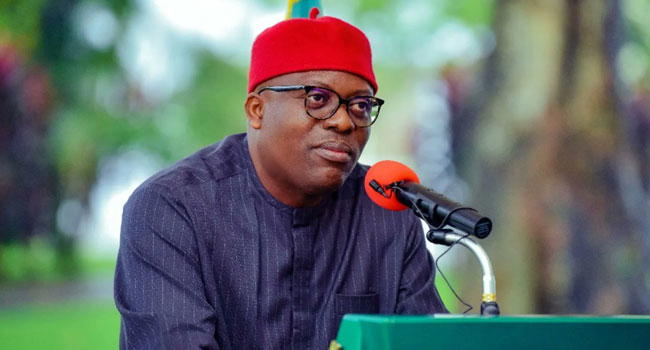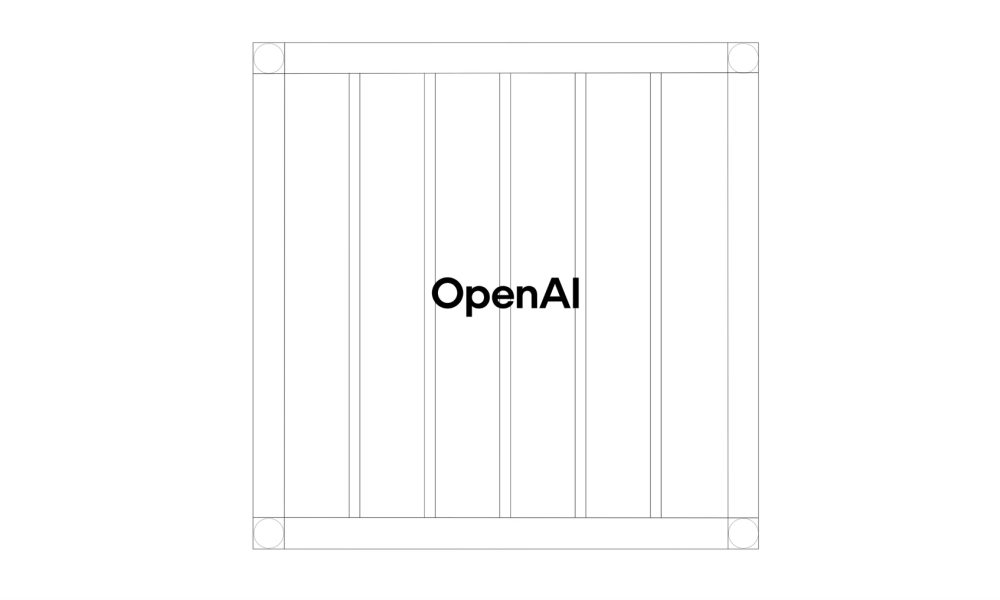Exploring the Intersection of AI and Writing Renowned journalist and writer Vauhini Vara delved into the intriguing realm of artificial intelligence’s role in creative writing during an enlightening talk held at the College of Arts and Sciences. Sharing personal anecdotes, Vara discussed her experience with AI, particularly with the predecessor of ChatGPT, highlighting the transformative influence it may wield in the writing industry. Varied Perspectives on AI-Generated Literature Vara’s journey into AI-assisted writing began with her poignant essay “Ghosts,” partly crafted with the help of GPT-3.
Initially, AI offered a captivating tool for overcoming writer’s block, facilitating a collaboration between human creativity and machine logic. However, as her narrative unfolded, it became apparent that the AI’s outputs, though satisfying superficially, often missed the mark of personal emotional depth. AI as a Supportive Tool, Not a Replacement In the evolving landscape of literature, Vara envisions AI as an editor or a sounding board rather than a replacement for authentic human expression.

“A funny thing starts to happen,” Vara noted. Each iteration with GPT-3 brought her closer to articulating her feelings around grief, underscoring the AI’s potential to augment but not overshadow human insight. Caution Against Bias in AI Content An intriguing experiment with AI underscored potential biases embedded within AI-generated content.
By tasking AI with writing a story situated in Thailand, Vara uncovered inaccuracies and cultural assumptions embedded in the AI’s narrative. This revelation called into question the diversity and authenticity of perspectives AI is currently capable of representing. Charting a Path Forward for AI in Literature Despite challenges, Vara suggests a pragmatic path forward where writers leverage AI for exploratory drafts, enabling a deeper understanding of their own perspectives.
She also emphasized the unique engagement AI-produced literature could offer, providing a distinct, albeit mechanical, voice in the literary landscape. Reflective Insights on Technological Integration in Writing This exploration of AI’s potential culminated in Vara’s new publication “Searches: Selfhood in the Digital Age,” blending journalism, memoir, and AI-produced writing. As outlined during her presentation, AI-generated content opens a novel avenue for literature but continues to rely on the unwavering human endeavor to illuminate our shared experiences, making literature a distinctly human art form.
According to The Cavalier Daily , this event marked a compelling exploration of AI’s multifaceted role in contemporary writing. Vara’s Continue Exploration Even though AI-induced literature opens up unexplored opportunities, Vara remains cautious, yearning for a balance wherein AI complements rather than commandeers the narrative. With “Searches,” Vara ventures into this space, continuing her exploration in how technology can reshape not just what we write, but how we perceive ourselves in the digital age.
Final Thoughts As readers and writers grapple with AI’s emergence in the literary world, Vara’s insights offer a guiding perspective. She encourages a mindful approach to integrating AI, aiming to sustain the emotive power and communicative essence that remain intrinsic to human literature..
Technology

Vauhini Vara Explores AI's Role in Creative Writing

Vauhini Vara delves into AI's impact on creative writing, revealing personal insights and the potential for AI integration in literature.















